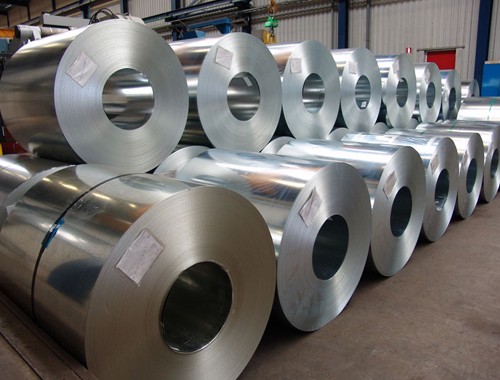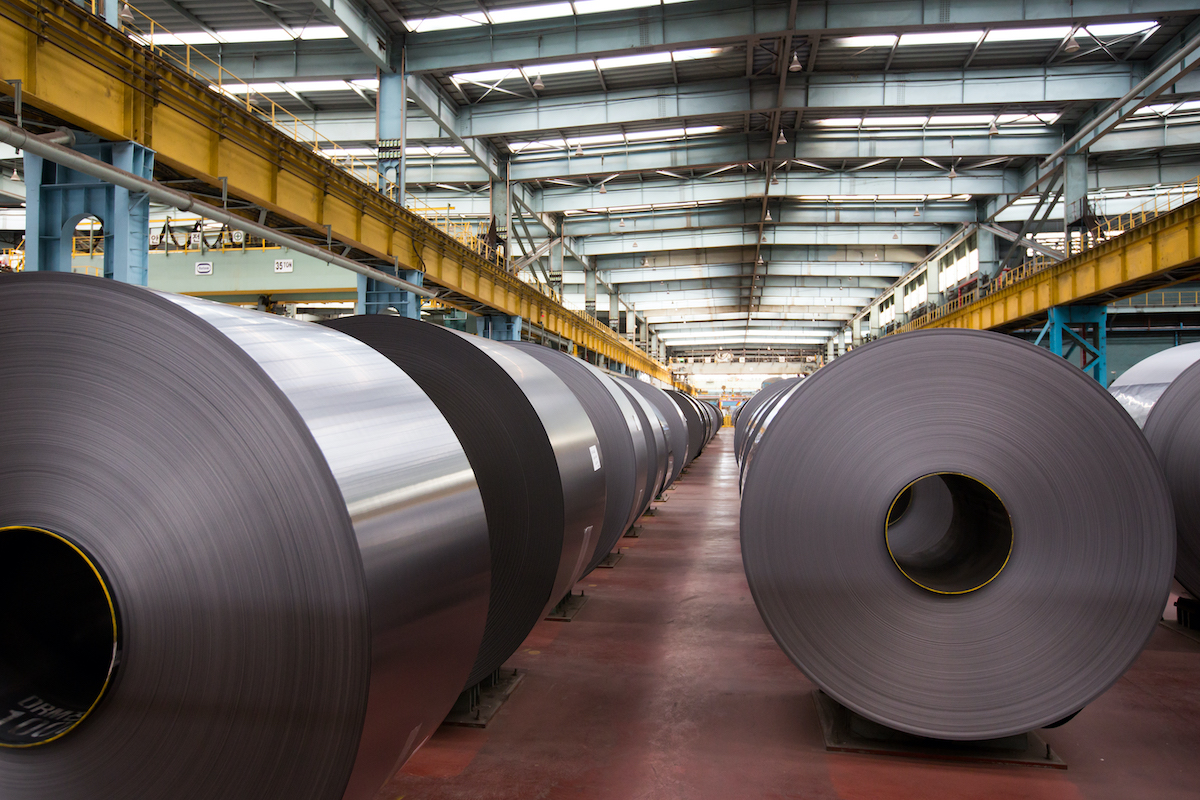
EU Flat Steel Summary by Argus Media
Northwest European hot-rolled coil prices edged up over the past week, but there is much uncertainty over real consumption over the rest of the year.
Argus’ daily northwest European HRC index was €632.50/t on 23 August, up €3.25/t from 6 August. In Italy activity is only just restarting after the summer break, with many participants still out on holiday. Argus’ daily Italian HRC index slipped from €631.75/t on 16 August to €630.25/t on 23 August.
One Italian mill has still been offering September delivery coil at €640/t delivered base to some service centres in the past week. This has spooked some, given September is not far away. Shorter lead times make it harder to mills to remain firm on price.
One leading European producer has announced €700/t ex-works to some customers in the last few days, although it is not necessarily a unified offer just yet. Other steelmakers are expected to table higher quotes in response.
However, demand is the big concern.

Service centres in Germany and Italy report low appetite from end-users, with some buyers cutting their volume budgets by 20-30pc. As a result coil stocks are starting to increase with German service centres, despite their destocking attempts amid high financing costs. The stock-to-sales ratio for cold-rolled coil reached three months in July, the highest level since last December.
Even steelmakers concede there has, as of yet, been little sign of any September restock. But they hope the increase announcements spark some apparent demand, prompting a stronger buying cycle.


Italian stainless coil orders pick up
Italian stainless steel coil prices are increasing after values reached rock bottom in July. European producers are hiking by approximately €100/tonne ($109) and contracted prices are seen rising accordingly in September for hot and cold rolled coil for October delivery, sources tell Kallanish.
Much of the market is now on holiday in Italy and in other European countries. Italian mills’ order intake improved in July and the first days of August. This follows a long period of quiet activity and contracting orders. Local service centres have bought some volumes for July, August and September delivery, while some deliveries are being delayed due to the August production stoppages.
At present, asking prices for October-delivery stainless CRC in Italy are at €2,300-2,350/t delivered on average, and some €150/t less for HRC. CRC with trimmed edges is transacting at about €2,200/t delivered, with HRC at about €2,000-2,050/t delivered, sources suggest.
Two Italian buyers say prices will have to increase for coils and derivatives in September but volumes will remain limited. Service centres’ clients are reported to have some work, but their activity remains low. Purchases in September should surge for October deliveries, owing to market seasonality. At present, however, distributors are reporting a low level of orders and a continuing wait-and-see attitude.
Natalia Capra France


German coil market sees some bottlenecks
Coil buyers in Germany say they have experienced some shortages in recent months. These were nevertheless confined to local suppliers serving high-standard applications and may not have been widely heard in the overall sluggish commodity market.
One player is SSC Becker, Germany’s largest service centre, which has been suffering from hurdles launching the new ERP (enterprise resource system) it introduced in spring. “This has influenced our deliveries, which we regret very much. We kept informing our customers in the interest of a trust-based relationship,” the company tells Kallanish.
Meanwhile, a task force of IT, sales and logistics has worked intensely to overcome those issues. Deliveries are now nearing the volumes they saw prior to the ERP launch, Becker says. However, it also mentions shortages it is experiencing as a buyer, due to insufficient delivery performance by its suppliers.
According to another observer, this points to one mill that declared force majeure in June after heavy rains, but was apparently already struggling with meeting targets before that. “They [the mill] thought they could produce at full capacity, which did not work, so they had to turn down orders in order to return to normality,” he says.
Still, this mill’s case of force majeure was justified, unlike that of Tata Ijmuiden, which was declared for technical shortcomings, he claims. He adds that his company is still in negotiations with Tata about the resulting cancelled volumes. “You do have to concede some loss in such cases, but we solved most of it by negotiating,” he says.
Observers also suggest that ArcelorMittal exaggerated the damage resulting from accidents at some of its mills in Europe, taking it as a welcome argument to keep production down amidst a sluggish market.
Christian Koehl Germany


